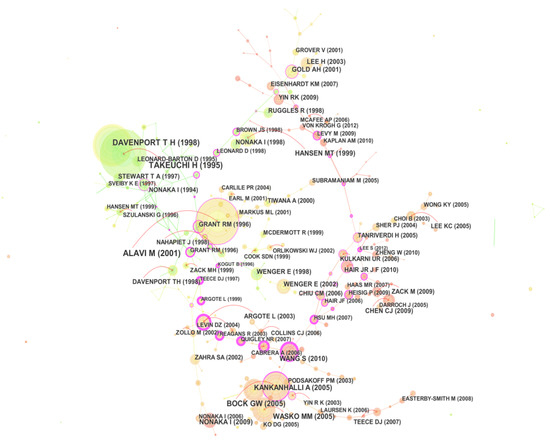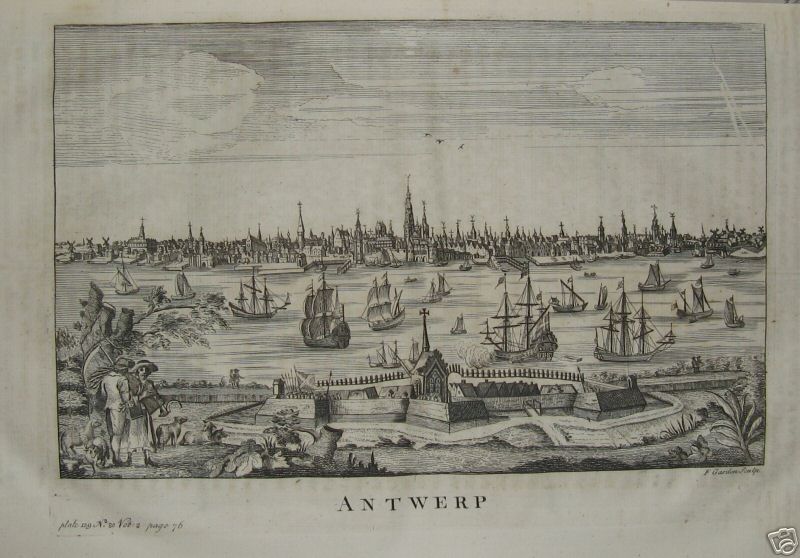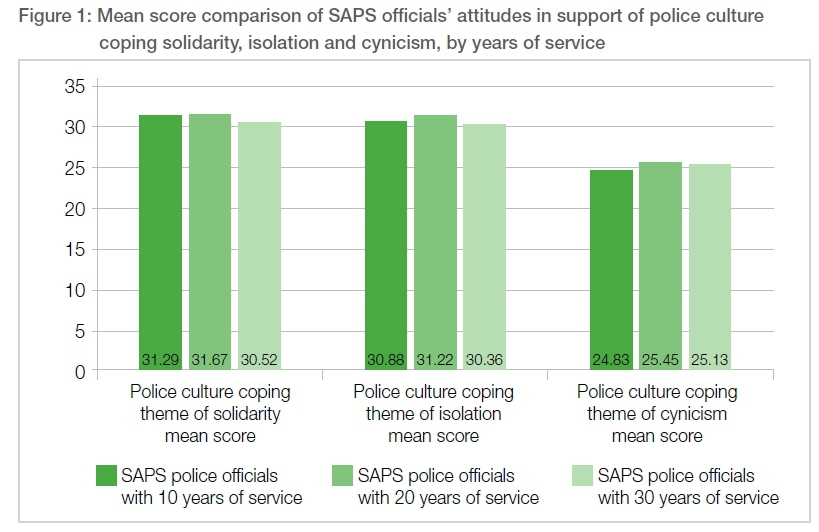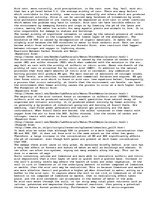Francis Fukuyama Wrote His Essay, “The End Of History.
Francis Fukuyama wrote his essay, “The End of History?” in 1989 and elaborated on it in a book published in 1992 entitled “The End of History and The Last Man.” It was during this time, as is mentioned in the beginning of the original essay that Mikhail Gorbachev was enacting the policies of.
Essays and criticism on Francis Fukuyama - Critical Essays. Francis Fukuyama 1952- American nonfiction writer. The following entry presents an overview of Fukuyama's career through 1999.

Francis Fukuyama is an American academic, author and political scientist. He is best-known for his theory that the end of the Cold War marked the ascendancy of liberal democratic systems of government and therefore the 'end of history'.

Francis Fukuyama, (born October 27, 1952, Chicago, Illinois, U.S.), American writer and political theorist, perhaps best known for his belief that the triumph of liberal democracy at the end of the Cold War marked the last ideological stage in the progression of human history. Fukuyama studied classics at Cornell University, Ithaca.

In February, 1989, Francis Fukuyama gave a talk on international relations at the University of Chicago. Fukuyama was thirty-six years old, and on his way from a job at the RAND Corporation, in.

Unlock This Study Guide Now. Start your 48-hour free trial to unlock this Francis Fukuyama study guide and get instant access to the following:. Critical Essays; You'll also get access to more.

Books The End of History and the Last Man by Francis Fukuyama David Macintosh reaches The End of History. Francis Fukuyama is a conservative political philosopher and economist. He was politically active during the Reagan administration, when he worked for the State Department, and also during the Clinton years, mainly through Washington think tanks.

Proofreading francis fukuyama the end of history 1989 essay sets any writing apart from “acceptable” and makes it exceptional. We can handle lab reports, academic papers, case study, book francis fukuyama the end of history 1989 essay reviews and argumentative essays.

Francis Fukuyama: Their zealous advocacy of the invasion of Iraq may have been a disaster, but now they want to do it all over again - in Iran.

Fukuyama tried to correct the record, with mixed success. An ambiguity in his thought, over just how “real” the end of history would be, contributed to the confusion. While he emphasized in.

Notes on Francis Fukuyama, “The End of History?” As the end of the century (in this case the end of the 80s) approaches, the triumph of Western liberal democracy again seems the inevitability that it did at the turn of the previous century. This is an absolute triumph of the Western idea. It is seen in the failure of all viable alternative.

The End of History? Francis Fukuyama The National Interest, Summer 1989 2 believed that the direction of historical development was a purposeful one determined by the interplay of material forces, and would come to an end only with the achievement of a communist utopia that would finally resolve all prior contradictions. But.

In 2010, Richard Betts reviewed three pivotal books published between 1989 and 2001 - Francis Fukuyama’s The End of History and the Last Man, Samuel Huntington’s The Clash of Civilizations and the Remaking of World Order, and John Mearsheimer’s The Tragedy of Great Power Politics.



